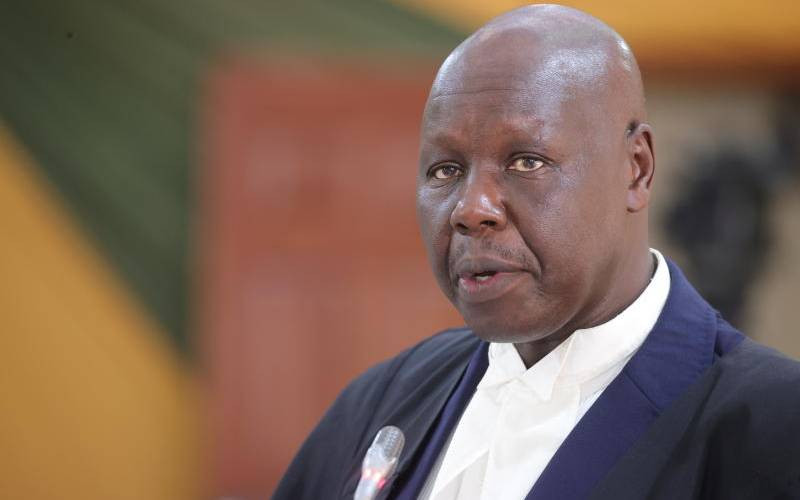B.C. Human Rights Commissioner on Guardianship Detentions

British Columbia's Human Rights Commissioner, Kasari Govender, has released a report revealing "systemic discrimination" in the way health authorities detain vulnerable adults at risk of harm. The report, spanning 134 pages, highlights that seniors, disabled individuals, and the unhoused are disproportionately affected by detentions under the Adult Guardianship Act (AGA). Govender emphasizes that these detentions often lack transparency, oversight, and legal authority.
According to Govender, a significant number of vulnerable adults are being detained through an opaque process with minimal oversight. While the stated intention is to ensure their safety, their fundamental rights to due process are frequently denied, including the right to know why they are being held and what recourse they have.
The report indicates that between 2018 and September 2023, health authorities detained 300 individuals under the AGA, resulting in a total of 340 detentions. The duration of these detentions varied significantly, ranging from six to 212 days. A staggering 94% of those detained had disabilities, and 70% were seniors.
In response to these findings, Govender has put forth 10 recommendations directed towards the B.C. Ministry of Attorney General, the Ministry of Health, and health authorities. These recommendations include:
- Providing detained individuals with written reasons for their detention.
- Limiting the duration of detention to the immediate emergency.
- Ensuring legal representation for each detained person.
- Creating an independent process to challenge detentions.
- Amending the AGA to clarify the legality of detention in emergency situations.
Govender notes that the current legislation does not explicitly permit detention under normal circumstances. However, health authorities have been interpreting the AGA to justify detentions in emergency situations where individuals are at risk of harm. She anticipates legislative changes to address this issue, emphasizing that such changes are long overdue. Documents reviewed by Govender suggest that the government has been aware of the need for timely action and the potential harm to vulnerable adults but has yet to propose significant policy or legislative changes.
B.C. Attorney General Niki Sharma has acknowledged the recommendations and stated her intention to respond to them. While she did not specify what legislative actions would be taken, she affirmed the need to protect vulnerable individuals and acknowledged that the existing legislation has not been updated in some time. Sharma noted that the government has been reviewing the legislation since 2019, with the aim of strengthening protections for adults.
The report also highlights the significant toll that detentions can take on individuals. A 2019 B.C. Supreme Court decision found that Fraser Health violated a woman's charter rights by detaining her for over 11 months under the AGA without providing reasons for her detention or legal representation. The report includes anonymized accounts of the experiences of those detained and their loved ones.
One such account details the ordeal of a woman named Rose, who struggled to locate her husband after he was taken to a hospital following a fall. Despite being able to visit him daily, he was eventually moved to a long-term care facility without her knowledge. Rose spent three months searching for him, eventually finding him in a care home where he expressed his relief and disbelief at her finding him.
Erika Cedillo, director of public policy at Inclusion BC, emphasized that while the intention is to protect people from harm, the report reveals that further harm is being inflicted, particularly on vulnerable populations. Cedillo hopes to see changes that prioritize accessible information about detentions for people with disabilities and improved accountability. She stressed the importance of strong oversight whenever individual rights are limited to prevent abuse of power.










